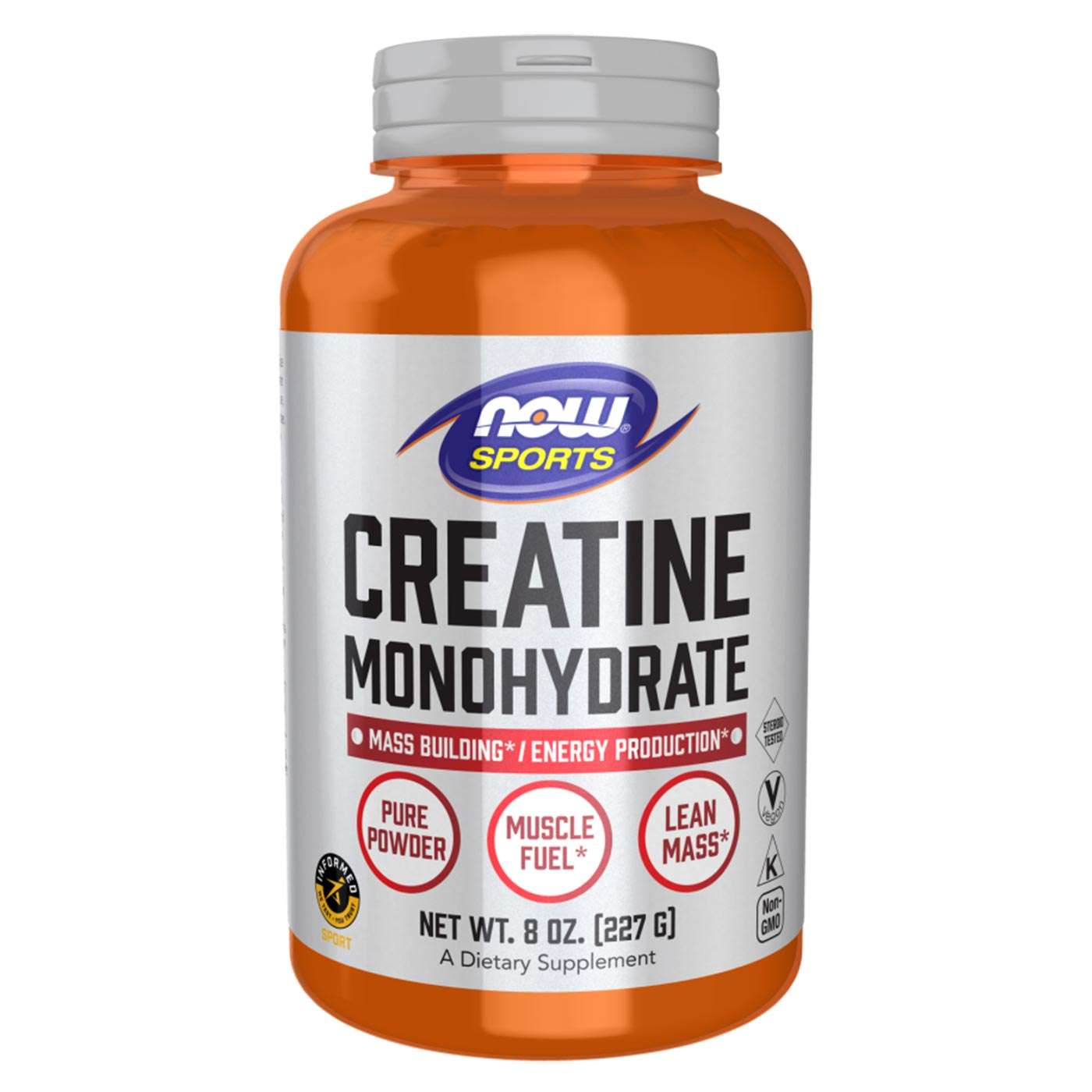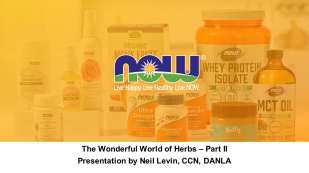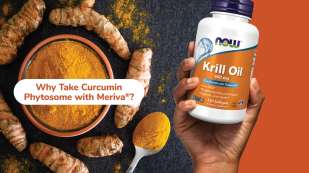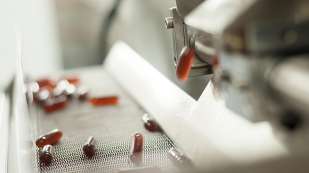Use coupon code CARDAMOM with your purchase of $40 or more for a free†
Cardamom OilSports Nutrition for Soft Tissue Injuries

Author: Dana Angelo White, MS, RDN, ATC
Soft tissue injuries can range from a minor muscle strain or sprained ankle to a torn labrum or ACL. Some soft tissues require surgery and others may just call for a short bout of modified activity. With this wide spectrum of severity, healing time can vary significantly. No matter what type of soft tissue injury you may sustain, there are nutrition interventions that can help promote the healing process.
Prevent Muscle Loss
Many soft tissues injuries require partial or full immobilization and immobilization will cause muscle loss. The good news is this loss can be attenuated with plenty of healthy calories and ample amounts of protein. Many athletes believe they should eat considerably less when they are injured but eating too little risks increased muscle loss as well as a delay in healing. Maintaining a balanced diet of nutrient dense fruits and vegetables, lean plant and animal proteins and whole grains is crucial. Depending on the type and severity of the injury, athletes’ protein needs should be at least 1.6 grams per kilogram body weight per day. In some cases, needs may exceed 2.4 grams per kilogram body weight per day. Get plenty of the essential amino acids, particularly leucine to target muscle protein synthesis. Foods like meat, poultry, eggs, chickpeas, brown rice and nuts are rich in leucine. During rehab, supplementing with creatine monohydrate may help to maintain muscle tissue following immobilization.* A daily dose of 5 grams a day has been found effective in both men and women.
Control Inflammation
Inflammation is another expected factor that comes along with soft tissue injuries. To help manage the increased inflammation, antioxidant-rich foods are a must. One of the easiest ways to get more of these powerful plant-based compounds is to eat fruits and vegetables regularly. Incorporate fresh, frozen canned and dried fruits and veggies into most meals and snacks to help ensure antioxidants are always circulating.
Another vital nutrient to help with tissue repair and controlling inflammation are omega-3 fats from fatty fish (like salmon and tuna) as well as plant-based sources like walnuts, flax and chia seeds. Omega-3 supplements can also help ensure a high daily dose of but check with your healthcare provider before supplementing while injured.
Promote Collagen Production
Soft tissue injuries call for an increase in collagen production which benefits from protein, calories and antioxidant intake. Additional nutrients that may help promote optimal healing processes and tissue growth include vitamin C, zinc and supplemental collagen.*
In addition to a balanced and protein-rich diet, 15 g to 20 g of collagen combined with 50 mg vitamin C may increase collagen production when taken prior to rehab sessions. Athletes are encouraged to take this about 60 minutes prior to rehab to help increase the availability of collagen during therapeutic exercise.*
Supplements to Consider

Creatine Monohydrate
Use 5 grams a day dissolved in at least 8 fluid oz of liquid of choice following rehab session every day.

Clementine Slushies
A smooth and icy blend bursting with vitamin C to help promote collagen production. Freeze segmented clementines in large batches ahead so you can whip up a batch anytime. - Serves: 1

Ingredients
- 4 seedless clementines or tangerines, peeled and separated (about 2 cups)
- Collagen Powder (optional)
Directions
- Arrange the clementine segments on a baking sheet in an even layer and place in the freezer for at least 4 hours, but preferably overnight.
- Place frozen segments in a food processor along with collagen powder, if using.
- Turn on the machine and blend, stopping periodically to scrap down the sides, until smooth – this should take a couple of minutes. The mixture will appear crumbly at first but keep blending!
- Once the mixture has reached the desired consistency, scoop into a bowl and enjoy.
Nutrition Per Serving
Calories: 140 • Total Fat: 0g • Saturated Fat: 0g • Cholesterol: 0mg • Sodium: 4mg • Carbohydrate: 35g • Dietary Fiber: 5g • Protein: 2.5g
References
-
Smith-Ryan AE, Hirsch KR, Saylor HE, Gould LM, Blue MNM. Nutritional considerations and strategies to facilitate injury recovery and rehabilitation. Journal of Athletic Training. 2020;55(9):918-930.
-
Lis DM, Jordan M, Lipuma T, Smith T, Schaal K, Baar K. Collagen and vitamin c supplementation increases lower limb rate of force development. International Journal of Sport Nutrition and Exercise Metabolism. 2022;32(2):65-73.
-
Shaw G, Lee-Barthel A, Ross ML, Wang B, Baar K. Vitamin C–enriched gelatin supplementation before intermittent activity augments collagen synthesis. The American Journal of Clinical Nutrition. 2017;105(1):136-143.
-
Close GL, Sale C, Baar K, Bermon S. Nutrition for the prevention and treatment of injuries in track and field athletes. International Journal of Sport Nutrition and Exercise Metabolism. 2019;29(2):189-197.
-
Kreider, R.B., Kalman, D.S., Antonio, J. et al. International Society of Sports Nutrition position stand: safety and efficacy of creatine supplementation in exercise, sport, and medicine. J Int Soc Sports Nutr 14, 18 (2017). https://doi.org/10.1186/s12970-017-0173-z
-
Smith-Ryan AE, Cabre HE, Eckerson JM, Candow DG. Creatine supplementation in women’s health: a lifespan perspective. Nutrients. 2021;13(3):877.
-
Kyriakidou Y, Wood C, Ferrier C, Dolci A, Elliott B. The effect of Omega-3 polyunsaturated fatty acid supplementation on exercise-induced muscle damage. J Int Soc Sports Nutr. 2021 Jan 13;18(1):9. doi: 10.1186/s12970-020-00405-1. PMID: 33441158; PMCID: PMC7807509.
References
*These statements have not been evaluated by the Food and Drug Administration. These products are not intended to diagnose, treat, cure or prevent any disease.











